How Much Evidence Is Needed to Charge Someone in the UK? A Legal Guide by MMA Law
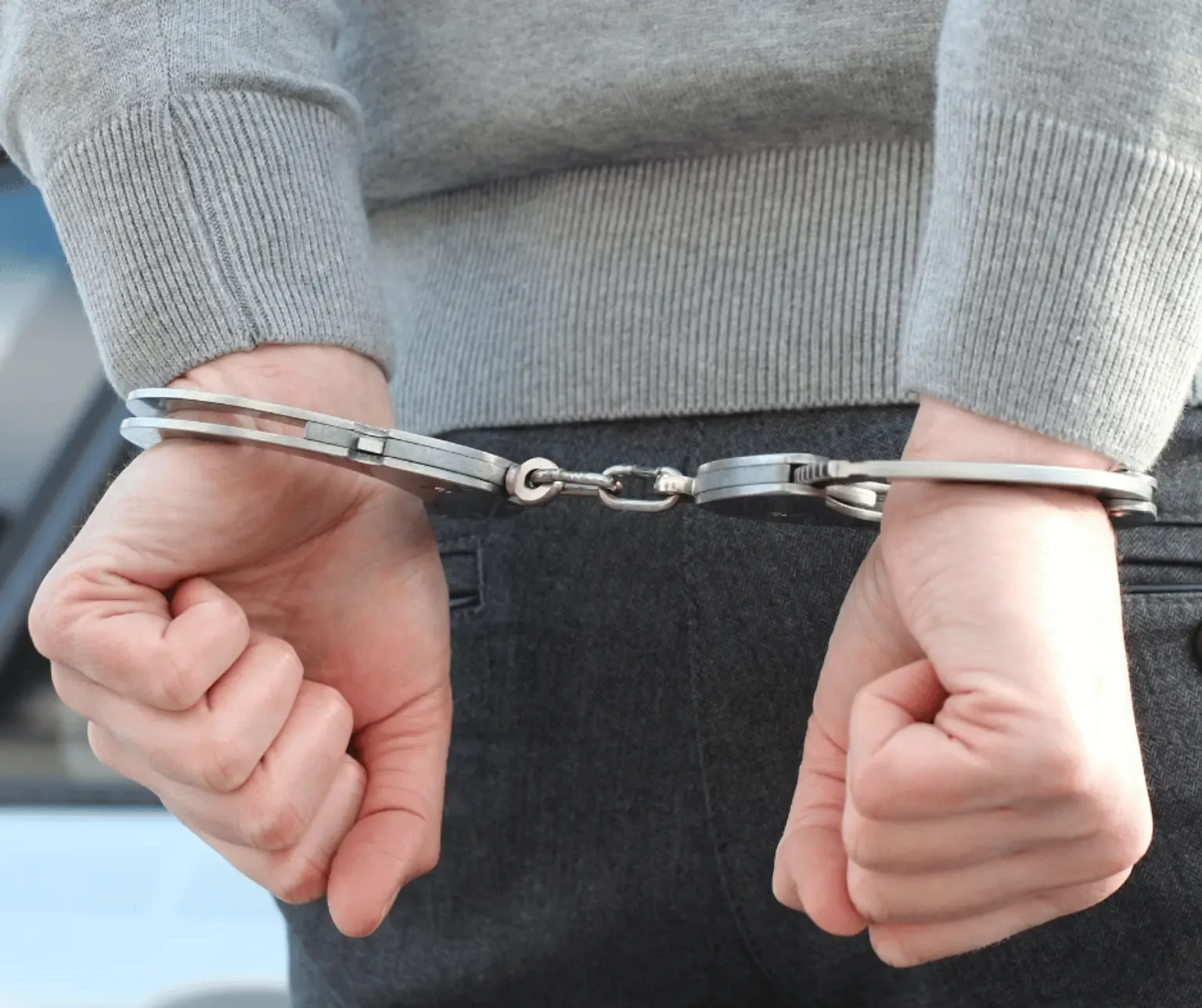
You've just been released from a police station after hours in custody. No idea what happens next. No formal charges yet—but the worry lingers. Will the CPS decide to prosecute? Do they have enough evidence? Could you face court, even if you didn’t do anything?
This guide will explain exactly how much evidence is needed to charge someone in the UK, and what happens if the Crown Prosecution Service (CPS) decides to move forward.
In the UK, the police investigate a crime, but it’s the Crown Prosecution Service (CPS) that decides whether to charge someone with a criminal offence. That decision must be backed by evidence and follow a strict legal process, including two possible charging tests: the Full Code Test and the Threshold Test.
If you or a loved one are under investigation read on. This article will walk you through:
- What counts as evidence in a criminal case
- How the CPS decides whether to charge using the Full Code Test and Threshold Test
- What “a realistic prospect of conviction” really means
- What happens after a charge is made
- When and why you should contact a solicitor
- How MMA Law can protect your rights from day one
Understanding the CPS Charging Process
The Role of the Crown Prosecution Service
The Crown Prosecution Service (CPS) is the public body responsible for prosecuting criminal cases in England and Wales. It works independently from the police and the courts.
While the police investigate alleged offences, the CPS decides whether there is enough evidence to charge someone—particularly in more serious or complex cases. For less serious offences, police may charge directly.
The CPS is led by the Director of Public Prosecutions (DPP), who sets the overall framework for decisions on whether cases should go to court.
When the police complete an investigation, they pass a file of evidence to the CPS. Prosecutors then review it using strict legal tests to decide whether criminal charges should follow.
If you're under investigation or have been charged, expert legal advice is essential. Our experienced team at MMA Law's Criminal Defence Solicitors can help from the earliest stage.
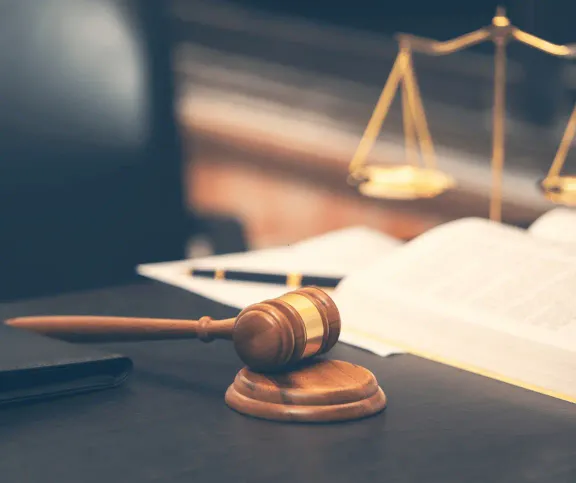
What Is the Full Code Test?
Before charging most suspects, the CPS must apply the Full Code Test. This test ensures that charges are based on strong evidence and meet legal and ethical standards.
Evidential Stage
The first part of the Full Code Test is the evidential stage. Prosecutors ask: Is there a realistic prospect of conviction?
This means that, based on the available evidence, is it more likely than not that a court (judge or jury) would find the person guilty?
This test considers:
- The strength and credibility of witness statements
- Any CCTV, forensic, or digital evidence
- How the evidence would be challenged in court
- Whether key witnesses are likely to attend trial
If the evidence is too weak or unreliable, the CPS must not charge. Even if they believe the person is guilty.
Public Interest Stage
Even if there is strong evidence, the CPS must also ask: Is it in the public interest to charge this person?
Prosecutors look at:
- The seriousness of the offence
- The suspect’s age, mental health, or past behaviour
- The impact on the victim
- Whether other solutions are available (e.g. caution, rehabilitation)
Example:A first-time shoplifter who took a low-value item and shows remorse may not be charged. In contrast, a violent assault is likely to proceed to court regardless of background.
This two-part test ensures that people are only charged when it’s both legally justified and in the public interest.
The Evidential Stage Explained
Before anyone is charged, the CPS must review all the evidence gathered by the police. This stage focuses entirely on whether the case can realistically lead to a conviction.
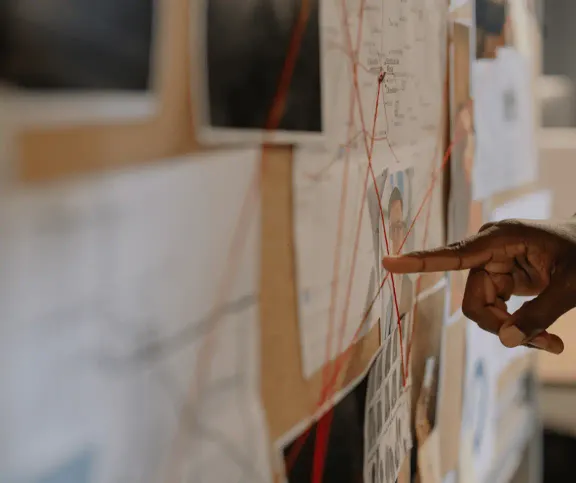
Types of Evidence Considered
The CPS reviews many types of evidence before deciding to press charges. Each piece is assessed for its reliability and how it fits into the wider case.
Common forms of evidence include:
- Police statements – Accounts from officers involved in the arrest or investigation.
- CCTV or mobile phone footage – Visual proof of events, which can support or contradict witness claims.
- Phone records – Data showing calls, messages, and sometimes location history.
- DNA or fingerprint evidence – Forensic material linking someone to a scene.
- Witness credibility – How reliable and consistent each witness is likely to be under cross-examination.
Every piece of evidence must hold up under legal scrutiny. Weak, inconsistent, or unlawfully obtained material can be challenged and excluded. This is why early legal advice is vital. Your solicitor can ensure your rights are protected and flawed evidence is properly addressed.
Assessing the "Realistic Prospect of Conviction"
For the CPS to charge someone, they must believe there is a realistic prospect of conviction. This means that, if the case went to trial, there is more than a 50% chance the court would find the person guilty.
It is not enough to suspect someone or to have some evidence. The case must be strong enough that a jury or magistrates would likely convict after hearing all sides.
This is where the legal standard of reasonable doubt applies. The prosecution must prove the defendant’s guilt beyond reasonable doubt. If there’s a significant chance the accused did not commit the offence, the court must find them not guilty.
The CPS has to weigh whether the available evidence could survive legal challenge. If key witnesses are unreliable or the evidence is unclear, they may decide not to proceed.
At MMA Law, we understand how the CPS assesses this stage. We’re often able to identify gaps or weaknesses in the prosecution case early—before it goes to court.
The Public Interest Stage
Once the evidential stage is satisfied, the CPS must then ask a second question: Is it in the public interest to charge this person?
Even when there is enough evidence, not every case proceeds to court. The public interest test helps ensure that prosecutions are fair, proportionate, and necessary.
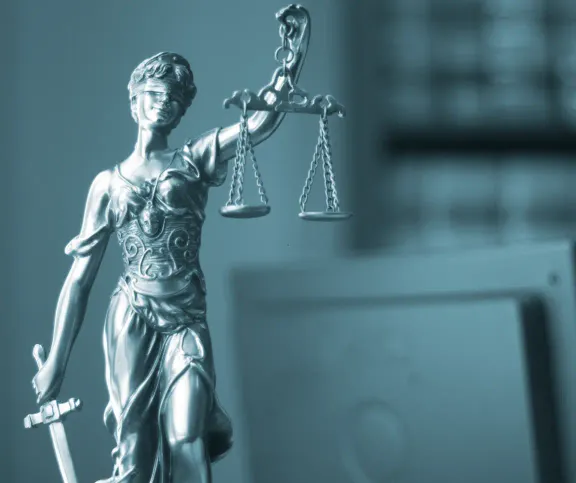
How the CPS Decides Public Interest
The CPS uses a set of clear guidelines to decide whether a prosecution is in the public interest. These are outlined in the Code for Crown Prosecutors – Public Interest Factors (opens in new tab).
Key factors the CPS considers include:
- The seriousness of the offence – For example, violent crimes are more likely to be prosecuted than minor offences.
- The harm caused to the victim – Greater impact on the victim often justifies court action.
- Whether the offender was in a position of trust – Such as teachers, carers, or professionals.
- The suspect’s circumstances – For example, whether they are a first-time offender or have a history of repeated offending.
- Whether a prosecution is a proportionate response – This considers if a formal warning, caution or community resolution would be more suitable.
Example:A first-time offender caught shoplifting a low-value item may be diverted away from court, while a repeat offender committing the same act might face prosecution.
Each case is judged on its own merits. The public interest test ensures that not all crimes automatically result in a charge. Instead, the CPS weighs up whether a prosecution benefits society.
When Public Interest Prevents Charges
In some cases, the CPS decides not to charge, even though there is enough evidence. This is especially common in situations involving:
- Youth offenders – Where rehabilitation and education may be more effective than punishment.
- Low-harm drug possession – Where a caution, referral to a support programme, or penalty notice for disorder (PND) may be more appropriate.
- Vulnerable individuals – Those with mental health concerns or no prior history may be treated more leniently.
Community resolutions, conditional cautions, or other out-of-court disposals are increasingly used to ease pressure on courts and achieve better outcomes.
However, these options are only available before charges are made. Once charged, these alternatives may no longer apply.
At MMA Law, we work to influence the CPS’s decision at this crucial stage. By highlighting mitigating factors early, we may be able to steer a case away from prosecution entirely.
The Threshold Test: For Early Charging Decisions
In some cases, the police and CPS need to act fast—before all the evidence is available. This is where the Threshold Test applies. It allows charges to be brought at an early stage, mainly to keep a suspect in custody while the investigation continues.
This test is only used in urgent or serious situations, such as:
- Risk of the suspect committing further offences
- Risk of the suspect fleeing or interfering with witnesses
- The need to protect the public or preserve evidence
- Strict police custody time limits under the Police and Criminal Evidence Act 1984
The Threshold Test ensures that charging decisions can still be made lawfully. Even when the Full Code Test cannot yet be satisfied.
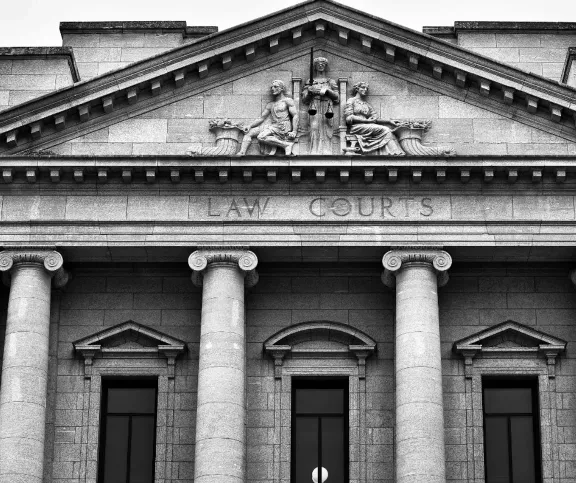
When It’s Used
To apply the Threshold Test, the CPS must confirm four key conditions are met:
- There is reasonable suspicion the person committed the offenceThis is based on what the police already know—such as witness accounts, forensic indicators, or arrest circumstances.
- The case is likely to progressThere is a clear plan to gather more evidence. For example, forensic results are pending or witness interviews are ongoing.
- It is in the public interest to charge nowThe same public interest principles apply here as in the Full Code Test.
- A charging decision cannot be delayedTypically because the suspect is in custody and cannot be held any longer without charge.
The Threshold Test is not a shortcut. It is a temporary measure designed for time-sensitive situations.
Monitoring Threshold Test Cases
Once a suspect is charged under the Threshold Test, the case does not stand still. The CPS must:
- Review the case regularly
- Actively seek further evidence
- Apply the Full Code Test as soon as possible
If the evidence later fails to meet the Full Code Test, the CPS may:
- Withdraw the charge
- Offer no evidence in court
- Substitute the charge for a more appropriate one
This highlights why early legal representation is critical. A solicitor can challenge the decision to charge, question the quality of evidence, and apply pressure to drop weak cases before they progress.
At MMA Law, our team are experienced in dealing with urgent, early-stage charges. Our legal team acts swiftly to safeguard your rights and stop unjust prosecutions in their tracks.
Why You Need Legal Representation Early
Facing a police investigation or potential charge can feel overwhelming. But you don’t have to face it alone. Getting expert legal representation from the very beginning can significantly change the outcome of your case.
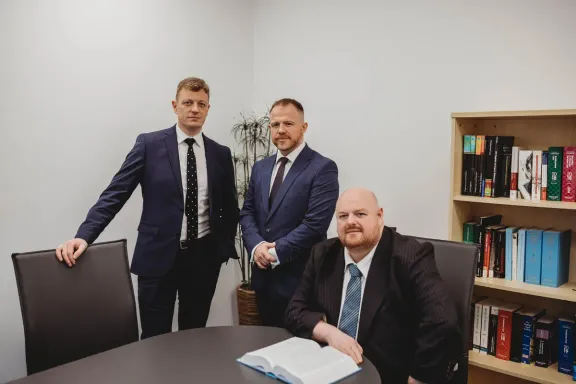
Benefits of Getting Advice from the Start
Instructing a solicitor early offers several key advantages:
- Protects you during police interviewsLegal advice ensures you’re not misled or pressured. A solicitor will advise whether to answer, remain silent, or provide a prepared statement.
- Helps prevent weak chargesYour legal team can highlight gaps in the CPS case—challenging unreliable evidence or inconsistencies in witness accounts.
- Ensures proper handling of digital, forensic, and phone evidenceFrom deleted texts to DNA results, early legal support ensures this material is properly examined and challenged where necessary.
- Safeguards your rightsLegal professionals ensure that the police and CPS follow due process, including proper disclosure and fair treatment.
Even before a CPS charging decision is made, having the right defence strategy in place can be crucial. Many charges are avoidable with early intervention and experienced guidance.
How MMA Law Can Help
At MMA Law, we specialise in defending individuals at all stages of criminal investigation. Especially the early, uncertain stages when decisions are being made behind closed doors.
Our solicitors:
- Attend police station interviews across England and Wales
- Challenge weak or missing evidence before it leads to a charge
- Work to avoid unnecessary court proceedings wherever possible
Case Example:
A recent client was arrested in connection with a conspiracy case. We advised the client to exercise their right to silence due to a lack of disclosed evidence. Over the next few days, we challenged the basis of the arrest and pointed out serious flaws in the evidence. The CPS later dropped the case entirely—no charge was ever made.
This kind of outcome is only possible when legal advice is sought early.
If you or a loved one are under investigation or have been arrested, speak to our team today. MMA Law offers a free 30-minute legal consultation to help you understand your legal position and options. This is suitable for any kind of charges including, conspiracy, criminal defence cases, family law or divorce.
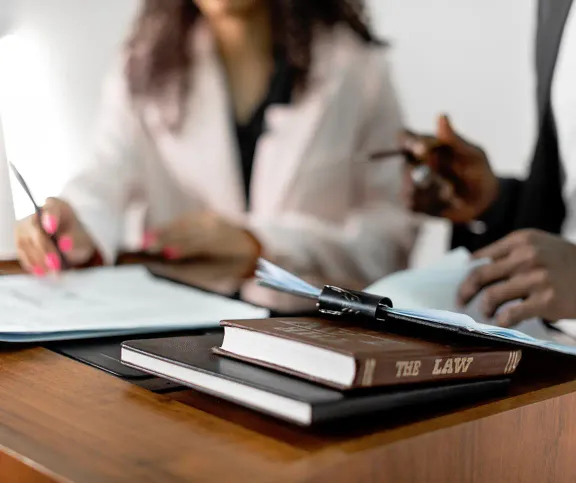
Frequently Asked Questions
What does the CPS consider as enough evidence to charge someone?
To charge someone, the Crown Prosecution Service must believe there’s a realistic prospect of conviction. This means the evidence must suggest a court—either magistrates or a jury—is likely to convict. It’s not just about suspicion; there must be solid evidence that would stand up in court. The CPS also applies the Public Interest Test to determine whether prosecution is justified.
Can I be charged if there's no physical evidence?
Yes. A person can still be charged even if there’s no physical evidence like CCTV or forensic data. The CPS may rely on witness statements, circumstantial evidence, or admissions made in interview. While physical evidence often strengthens a case, it isn’t always essential for charges to be brought.
What is the difference between the Full Code Test and Threshold Test?
- Full Code Test: The standard used in most cases. It checks for both sufficient evidence (realistic prospect of conviction) and public interest.
- Threshold Test: Used only in urgent situations where the evidence isn’t yet complete but there's a reasonable suspicion and strong public interest in charging (e.g. risk to public safety).
The Threshold Test is temporary. It must be replaced with the Full Code Test once more evidence is gathered.
Can I challenge a CPS decision to charge?
Yes, CPS charging decisions can be challenged. If you believe you’ve been wrongly charged, your solicitor can:
- Request an internal review under the CPS’s Victims’ Right to Review scheme (also used in defence cases)
- Submit representations before the first court hearing
- Seek judicial review in exceptional circumstances
Speak to a defence solicitor as soon as possible to protect your position.
How long does the CPS take to make a decision?
There’s no fixed timeframe. Simple cases might see a charging decision within a few days. More complex or serious cases involving multiple suspects, digital evidence, or sensitive material may take weeks or even months.
Delays can also occur if the CPS requests further investigation from the police. A solicitor can help track progress and push for updates if delays are unreasonable.
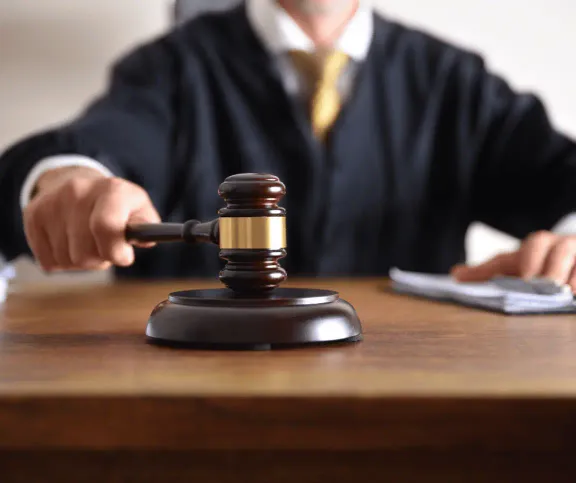
Take-A-Ways
Understanding how much evidence is needed to charge someone in the UK can make a huge difference to your case. The CPS uses strict legal criteria to make charging decisions:
- A realistic prospect of conviction must exist.
- Prosecution must be in the public interest.
- In urgent situations, the Threshold Test may allow early charges.
Charges can be brought quickly. Even when all evidence isn’t yet available. That’s why early legal advice is critical. From the moment of arrest, a solicitor can challenge weak evidence, protect your rights, and influence how your case progresses.
At MMA Law, we understand how frightening a police investigation can be. Our solicitors have extensive experience in early defence strategy—ensuring you get the right advice before any charges are made.
If you're asking, "how much evidence is needed to charge someone UK?"—don’t wait to find out in court. Get the legal support you need now.
We offer a free 30-minute legal consultation to discuss your situation confidentially.
Call us today on 01642 941440 or book your free appointment online.
